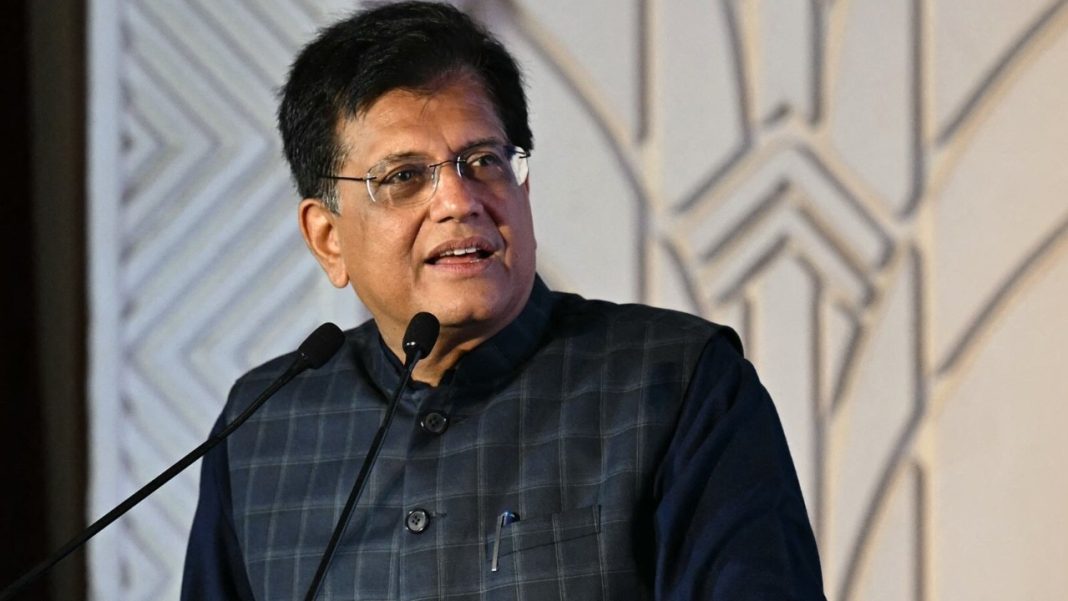India and the European Union have achieved significant breakthroughs in their Free Trade Agreement negotiations, with Commerce Minister Piyush Goyal confirming substantial progress during high-level meetings.
Key Takeaways
- 10 out of 20 FTA chapters have been finalized
- 4-5 additional chapters agreed to in principle
- EU delegation expected to visit in November/December for final closure
- Both sides working toward fair and beneficial trade deal
Substantial Progress in FTA Negotiations
Commerce Minister Piyush Goyal announced major advancements in India-EU FTA talks following meetings with EU Commissioner Maros Sefcovic. The discussions occurred during Goyal’s three-nation tour covering Brussels, Geneva, and Berlin.
Goyal revealed that negotiators have successfully closed 10 of the agreement’s 20 chapters, with another four to five chapters reaching principle-level agreement.
“When EU team visits next week maybe end of November or December, we will be in a significant position for closure,” Goyal stated.
The minister emphasized that both parties are committed to creating a balanced trade agreement that will benefit businesses and consumers across both markets.
Growing Global Interest in India’s Economy
Goyal noted that his interactions at the Berlin Global Dialogue and with European business leaders demonstrated increasing international confidence in India’s economic trajectory.
“More and more countries want to deepen relations with a resurgent, strong, and aspirational India,” he said.
India’s expanding consumer base, rapid economic growth, and sustainable development focus are creating substantial trade and investment opportunities for European partners.
EU Confirms Constructive Dialogue
EU Commissioner Maros Sefcovic echoed the positive assessment, posting on social media platform X: “We’ve made substantial progress across a number of areas, including on further trade and investment facilitation.”
The finalized India-EU FTA is anticipated to significantly strengthen economic cooperation between the two major economies, opening new pathways for trade, investment, and sustainable growth. The agreement represents a strategic partnership that could reshape regional trade dynamics.




